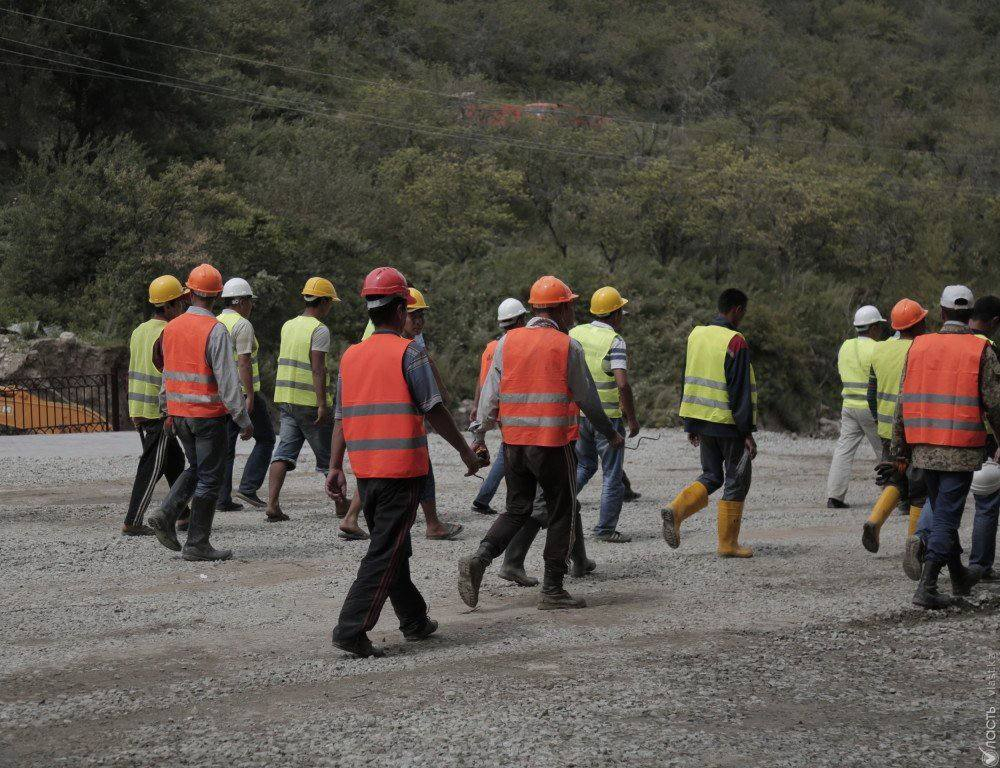Just days before being confirmed president for a second term, Kassym-Jomart Tokayev told an assembly of young people in Almaty that he was disappointed because only a few dozen people applied to work at a “foreign company that offered around 1,000 jobs and a decent salary” in the oil and gas sector.
I had a déjà vu. I had read these words in many other languages before. This, in fact, is the language of shifting the blame onto the people, the workers.
Politicians and mainstream media anywhere point their finger to the “lazy unemployed”, who “want everything served on a silver plate” and “do not want to get their hands dirty”.
Every day across the world entrepreneurs give interviews complaining that they cannot find employees, despite having job openings. In countries with universal welfare benefits, they say that people prefer to receive the government’s check instead of working.
Look up “Kazakhstanis don’t want to work” on a search engine. It is such a common neoliberal trope, that it has become a stereotype.
Tokayev’s words echoed Nursultan Nazarbayev’s. In 2018, speaking of the unemployed, the former president said that “every family has its black sheep, lazy and worthless”.
The reality is that people everywhere, not just in Kazakhstan, are tired of begging for a job and accepting whichever conditions the employer grants them. If the proposed salary can be comparable to unemployment benefits, then those working conditions are indecent.
Kazakhstan’s Constitution enshrines the citizen’s right to work in article 24. Yet, its labor legislation and tax code disproportionately favor employers. For years, the government has curtailed the activities of independent trade unions, granted tax holidays to businesses, and reduced labor and environmental inspections on small and medium enterprises.
In this context, the unemployed are “lazy” and the workers demanding better conditions are considered “the enemy.”
The alliance of the state with private companies pits those in power against the powerless.
And the powerless are not indifferent to their own conditions. In 2011, workers in Zhanaozen went on strike for eight months before being violently repressed. For the past couple of years, the unemployed in Zhanaozen also rallied incessantly for a decent job. In the past five years alone, workers staged more than 400 labor strikes, according to data collected by Oxus Society.
Working-age individuals have the right to refuse to sign an indecent contract. They have the right to demand better conditions. And if an employer cannot find people to hire, it is probably because of the working conditions they offer, not because people are lazy.
Поддержите журналистику, которой доверяют.








